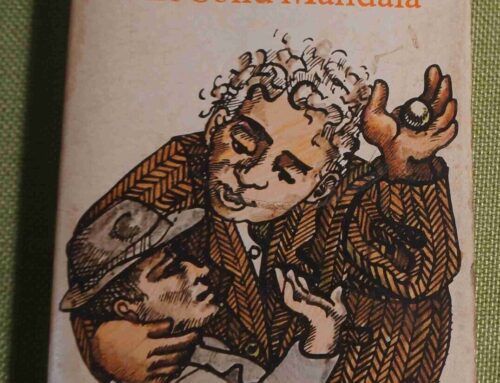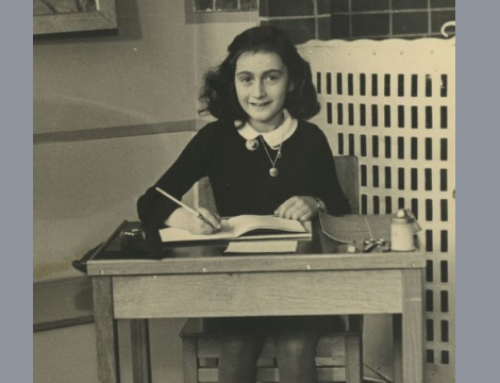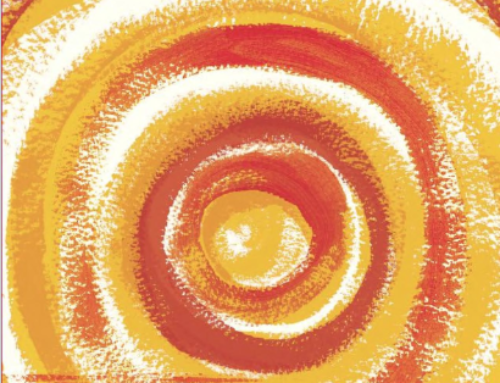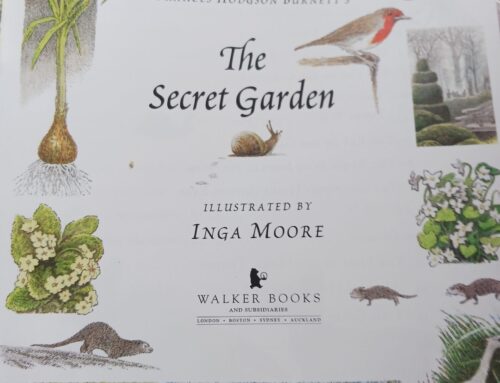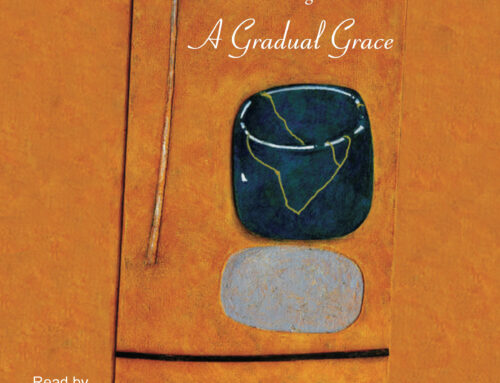Love stories intertwined with war are a strong genre, bringing together two universal themes: love and sacrifice. By sacrifice, I mean what for me is the dominant theme of war: individual and mass sacrifice of youth, of life, of family, of property, of a future, in defence of what is seen as a nation’s existence. I know it is far more complex than this. There are all sorts of different ways of looking at war, from the victim or the victor’s point of view, but for me, the most deeply human and passionate theme forces us to confront the cost of war, not in monetary or property terms, but of lives, loves, family, freedom, youth, health, ideals, futures. When love and war intertwine, the conflict is especially sharp and painful and poignant.
One of my favourite books is Atonement by Iain McEwen, published in 2001. I will revisit this book soon and write a review of it. Another favourite is The English Patient by Michael Ondaatje. Both these great books about the First World War have been made into films, which I enjoyed very much, but as always, I think the books are better. Another story of the First World War, which I read many years ago, is the autobiographical trilogy by Vera Brittain, Testament of Youth. It is a very powerful memoir, a cry of outrage from a young upper-class English woman who lost her fiance, brother and two close male friends in the war. Vera was a Volunteer Aid Detachment nurse during the war, and saw action at first hand. As I write, this famous book is being made into a BBC film mini-series. I can’t wait!
The one I want to talk about today is Birdsong, by Sebastian Faulks, published in 1993. I hadn’t read this book till recently, though I did see the BBC TV series of it last year. It stayed in my mind at a subliminal level, and I recalled it when my friend lent me a copy of the book. I have to say, though I’d almost forgotten the series, I’ll never forget the book. It is extraordinary.
Where have I been, I wonder, that I’ve missed reading this great book till now? Why weren’t there trumpets and fanfares to wake me up to it? Why have I not read any other of his books? I must have been like Rumpelstiltskin, asleep. I’ll remedy that, and read his books one by one. For the record, his website says:
Faulks’s fourth novel and the second in his French trilogy has become a classic of modern English literature. It is taught at school and university on both English and History syllabuses; it has sold more than two million copies in the United Kingdom and three million worldwide; in polls it is regularly voted one of the nation’s all-time favourite books.
Where to start, after such a long sleep?
I won’t summarise the plot; you can read plenty of reviews that do this. I just want to pick out a few things I love about it.
First, the title and the theme of birdsong; this is so subtly woven through you could easily miss it. It comes from the practice of miners using a canary in the coal mine to test for bad air. This signals one of the major scenes of action and drama in the book, the tunnels the British are helping to build under the trenches in France. Faulks does these scenes brilliantly, conveying the appalling conditions these men worked, lived and died in. But back to birdsong; every now and then, a real bird’s song reminds us of the greater creation outside the trenches and tunnels. For instance, when Stephen, the central character, who survives four years in the war, is sent on home leave to England (against his will) where he has no-one of his own, he takes a train into the country, and finds an inn called The Blackbird, homely and comfortable, where he takes a room and lies down to rest, falling into a trance-like state filled with lurid memories of men he’s known who have been shattered and killed. He starts up in delayed shock, shaking, in this tranquil English village. He goes for a walk:
The hedgerows were deep and ragged where he walked, covered with the lace of cow parsley. The air had a feeling of purity as if it had never been breathed; it was just starting to be cool with the first breeze of evening. From the tall elms he could see at the end of the field there was a sound of rooks, and a gentler calling of wood pigeons close at hand. He stopped, and leaned against a gate. The quietness of the world about him seemed to stand outside time; there was no human voice to place it.
From the horror he has been living and reliving, he steps into this quiet world, and finds himself overtaken by passionate affinity for this creation. He is brought back from the living and un-living dead to a sense of oneness with creation, and forgiveness and desire to be forgiven.
His body shook with the passion of the love that had found him, from which he had been exiled in the blood and flesh of long killing.
But, of course, he has to go back to war, and is immersed in the long last struggle, which he survives through sheer determination against almost impossible odds. It’s hard to write about it in this summarised way without making it sound melodramatic. Well, it is, but in the pure sense of the word. Melos means song or melody. A melodrama was originally a sensational, romantic drama interspersed with song and orchestral music. Birdsong is this (minus the orchestral music, unless it’s the guns of war), but it is tragedy too, and it even has comedy, in some of the scenes with the soldiers, a rich range of characters, mostly from working class backgrounds, whose stoical service in action is counterpointed with sharp and poignant memories of their loved ones and letters from home, and whose interactions are Shakespearean in their realism and humour.
There’s much more to say about the book but no space here except for the briefest mentions. It begins in Amiens, where Stephen has a passionate affair with a young unhappily married woman. It moves to Flanders, and then to the Somme. The war scenes are far the biggest, and for me, the best part of the book. There is a sub-plot (aside from the romance) which leaps two generations, to Stephen’s granddaughter, Elizabeth, in the 1970s. This complicated sub-plot hinges on her finding Stephen’s diary, realising he was her grandfather (he didn’t know he and his lover from Amiens had had a child) and taking on a quest to recover his story. The book closes on a note of redemption. I found this sub-plot complex and intrusive into what was for me the far more convincing and compelling main story. I would have preferred the granddaughter’s story to be another book, and for this book to end after Stephen has been liberated from the tunnel he was trapped in, by a German soldier on the morning of the day the war ended. The two men find a common bond in this act of deliverance, and Stephen returns to his battalion.
He felt the dry, turned earth beneath his boots as he picked his way back towards the British lines. A lark was singing in the unharmed air above him. His body and his mind were tired beyond speech and beyond repair, but nothing could check the low exaltation of his soul.

